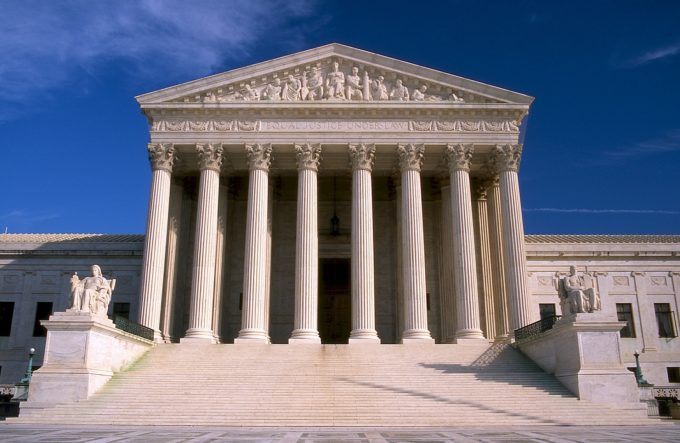Hikma Pharmaceuticals USA Inc., et al. v. Vanda Pharmaceuticals Inc., No. 18-817, opinion hosted by the Court of Appeals for the Federal Circuit.
On April 13, 2018, the Federal Circuit Court affirmed the District Court of the District of Delaware’s decision to uphold Vanda Pharmaceuticals’s patent on a treatment method for schizophrenic patients. The treatment implements a range of dosages of the drug iloperidone depending on the patient’s genotype.
The district court ruled that Vanda’s patent was eligible subject matter under Section 101 of the Patent Act that outlines the legal requirements for patentable inventions. To supplement their opinion, the district court pointed to recent Supreme Court cases Mayo and Alice that established a two-step test for verifying whether a development is patent-eligible.
A divided panel of the Court of Appeals for the Federal Circuit reviewed the case on appeal and affirmed the ruling. Chief Judge Prost dissented, finding “no distinction” between the present case and Supreme Court precedent that ruled similar treatment methods ineligible for patenting.
Upon receiving this ruling from the Federal Circuit, Hikma Pharmaceuticals moved to petition the ruling, hoping to have the case brought before the Supreme Court for final review. Hikma, in agreement with Chief Judge Prost, believes that lower courts applied the two-factor test incorrectly and that the Federal Circuit Court’s decision to uphold Vanda’s patent is a direct departure from Supreme Court precedent that procedures that do no more than “apply the natural laws [of the universe]” should not be eligible for the monopoly acquired through patent allocation. Vanda conversely believes its treatment to be more than simple application of natural laws. It is Vanda’s view that the use of a range of dosages of iloperidone depending on the patient’s genotype, is information that is not readily available or commonplace, making this treatment implementation technique innovative enough to constitute patent-eligibility.
In its petition, Hikma argues that if the Federal Circuit’s decision were to stand, “a large and critical class of patent claims—those that are drafted as reciting methods of medical treatment—will automatically be patent-eligible under.” This would inevitably increase the cost of certain treatments and could inhibit the spread of medical care to healthcare institutions that are either unable to handle the extra costs or that would otherwise have to pass the added costs to patients. Hikma further argues that the current decision undermines the legal process by allowing patentees to circumvent the patent acquisition system through expert draftsmanship instead of through a focus on the quality of the claim.
At present, both parties are waiting to hear if the Supreme Court will grant Certiorari to review their case. Nevertheless, Hikma’s petition comes at a critical point in the intellectual property of healthcare since Vanda’s claims to ingenuity center around the consideration of the patient’s genotype as opposed to a more regularly used or accessible portion of a patient’s medical history when administering treatment. In the coming decades, as an unprecedented number of treatments begin to rely on a patient’s genetic information, the ruling for whether a consideration of a person’s genetic makeup is grounds for claiming patent-rights over a treatment will have a drastic influence on the healthcare industry and patient care.
